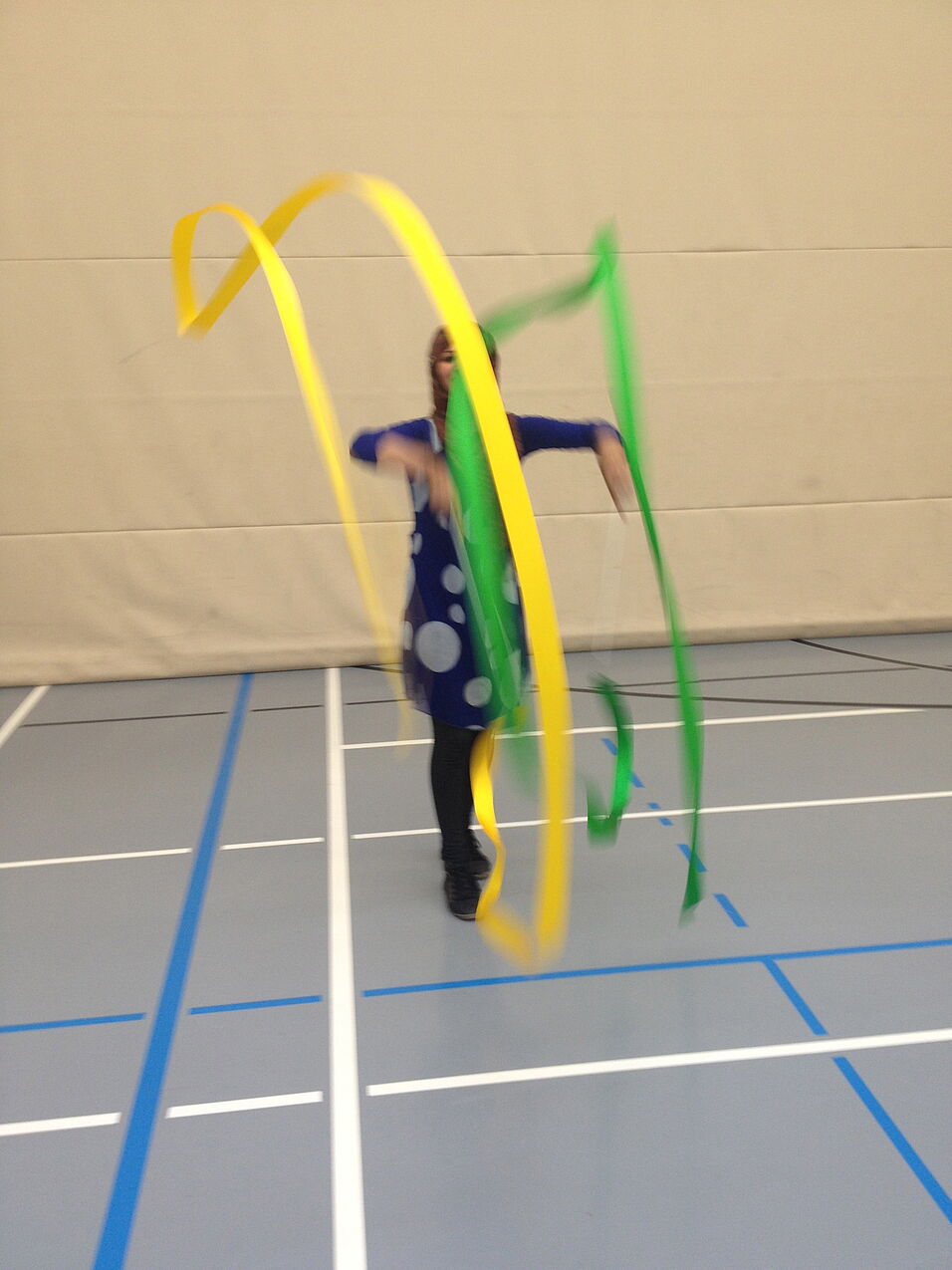Since 2013, the sport and exercise psychology working section (University of Vienna) and the care centre for torture and war survivors HEMAYAT work together in the project “Movi Kune – moving together”, in order to contribute to the understanding of the therapeutic processes and psychosocial effects of sport and exercise therapy. Up to now, six phases of three-months interventions were conducted and investigated applying qualitative research methods (participatory observation, interview and group discussion). War and torture survivors in care of Hemayat partook in groups of five to ten male or female participants.
The project "Movi Kune" was awarded with the Second Viennese Health Prize in the category „Healthy and fair city" Video (in German)
The project takes also part in the Third Mission initiative of the University of Vienna: download
Publications: link
Contact: Clemens Ley (PhD, MA): clemens.ley@univie.ac.at
The prevalence of psychosomatic and psychosocial disorders in torture and war survivors is particularly high. At the same time, numerous studies have shown the physical and psychosocial health benefits of exercise and sport. These benefits are extremely relevant for traumatised refugees, torture and war survivors.
In the framework of trauma therapy the focus lies on “experiencing security” and “activating resources”. The research is embedded in the framework of the Salutogenesis Model of Antonovsky, focusing on the therapeutic processes that may influence the Sense of Coherence, facilitating meaningful experiences and increasing resources. Furthermore, flow experiences and health competences are emerging topics of research.
We use sport and exercise as an adjunctive offer to psychotherapy and as a tool for psychosocial support aiming to support the individual and group in their endeavours, empowering them to cope with the (trauma- and migration-related) stressors and to construct social relationships. In doing so, resources augment, which encourages recovery and strengthen their abilities to deal with future challenges as well. Thus, the projects aims to promote health as well as participation and inclusion in and through sport.
Each year, war and torture survivors (traumatised refugees) in the care of Hemayat participate in the Movi Kune programme in gender-separated groups. The groups are facilitated by trained facilitators/trainers and a trauma-expert. The programme is conducted twice a year for at least three months, with two weekly sessions of 90 minutes each. The contents and strategies are multi-modal in nature and adapt continuously to the needs and interests of the participants in order to augment motivation and adherence to physical activity. The programme is based on sport, exercise and movement therapy principles, including the dimensions of training, learning and experiencing; a perspective on Salutogenesis and health literacy. Various tools are applied, including modified sports, dance, games, movement tasks, respiration and relaxation techniques, body awareness and grounding exercises, and endurance, resistance, coordination and mobilisation exercises. Non-verbal methods are combined with verbal techniques, applying mainly person-centred communication. Group processes are managed by regulating the degree and manner of social interaction and physical contact; by providing the individual choice to opt-out and opt-in; and by fostering self-regulation of the training load, own level of engagement and role in the team. The continuous participation of a trauma-expert in the intervention is crucial in order to work within the limits of competences and to deal in the best possible way with potential trauma triggers and exposure to negative experiences (Ley, Krammer, Lippert, & Rato Barrio, 2017; Ley & Rato Barrio, 2017).
More information about the project: download (in German)
Contact: Clemens Ley (PhD, MA): clemens.ley@univie.ac.at
Publications:
Ley C., Rato Barrio, M. & Koch, A. (accepted). “In the sport I am here”: Therapeutic processes and health effects of sport and exercise on PTSD. Qualitative Health Research.
Ley, C., & Rato Barrio, M. (2017). Centrando la atención en las sensaciones corporales en un programa físico-deportivo terapéutico [Directing attentional focus towards somatic sensations in sport and exercise therapy]. Revista de Psicologia del Deporte / Sport Psychology Journal, 26(4), 17-21.
Ley, C., Krammer, J., Lippert, D., & Rato Barrio, M. (2017). Exploring flow in sport and exercise therapy with war and torture survivors. Mental Health and Physical Activity, 12, 83–93. DOI: 10.1016/j.mhpa.2017.03.002
Ley, C., & Rato Barrio, M. (2018 - in press). Promoting health of refugees in and through sport and physical activity: a psychosocial, trauma-sensitive approach. In T. Wenzel & B. Drozdek (eds.), The Health of Refugees - An Interdisciplinary Perspective. Springer Nature.

